News
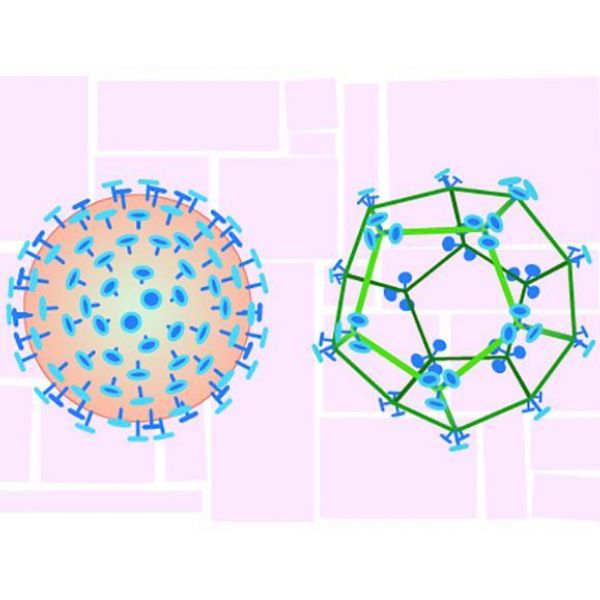
Mar 12, 2024
New nasal vaccine platform helps clear COVID-19 infections in an animal model
A newly developed intranasal vaccine candidate helps to clear COVID-19 infections more quickly than controls in pre-clinical testing, according to a recent study.
Full Article

Mar 12, 2024
Biology postdoc awarded National Institutes of Health fellowship
Laurel Seemiller, a postdoctoral scholar in biology at Penn State, has been awarded a Ruth L. Kirschstein Postdoctoral Individual National Research Service Award from the National Institute on Alcohol Abuse and Alcoholism of the U.S. National Institutes of Health (NIH).
Full Article

Mar 11, 2024
Researchers identify distinct sleep types and their impact on long-term health
Poor sleep habits are strongly associated with long-term chronic health conditions, according to decades of research. To better understand this relationship, a team led by researchers in the College of Health and Human Development identified four distinct patterns.
Full Article
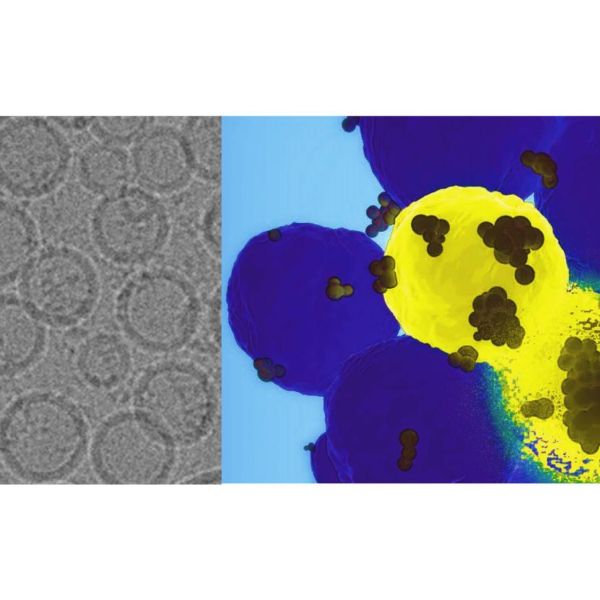
Mar 11, 2024
GPS nanoparticle platform precisely delivers therapeutic payload to cancer cells
A newly developed “GPS nanoparticle” injected intravenously can home in on cancer cells to deliver a genetic punch to the protein implicated in tumor growth and spread, according to researchers from Penn State.
Full Article
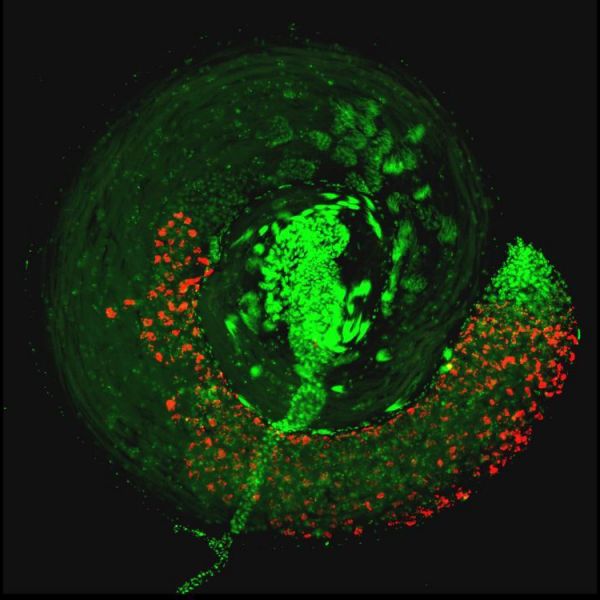
Mar 08, 2024
How does a virus hijack insect sperm to control disease vectors and pests?
A widespread bacteria called Wolbachia and a virus that it carries can cause sterility in male insects by hijacking their sperm, preventing them from fertilizing eggs of females that do not have the same combination of bacteria and virus.
Full Article
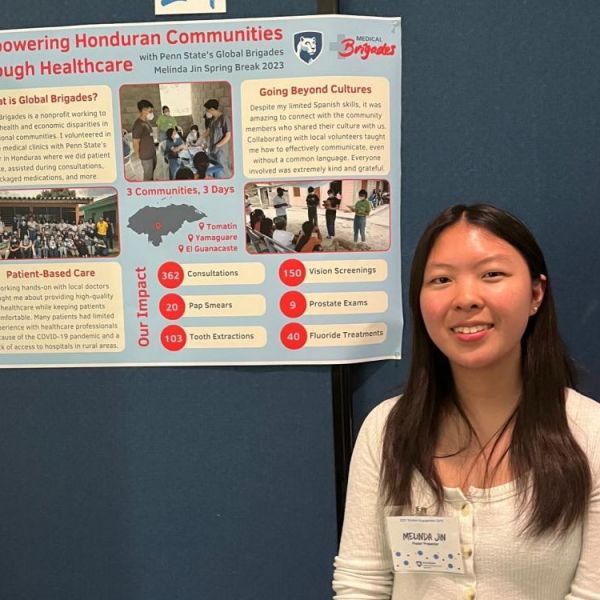
Mar 07, 2024
Undergraduate Exhibition helps students prepare for future research
The 2024 Undergraduate Exhibition for Research, Inquiry and Creative Activity will once again showcase a diverse range of student presentations with an in-person portion from 11 a.m. to 1 p.m. April 17 and a virtual exhibition from April 15-17.
Full Article

Mar 06, 2024
Penn State biologist David Toews receives 2024 NSF CAREER Award
David Toews, assistant professor of biology, has been honored with a Faculty Early Career Development (CAREER) award from the U.S. National Science Foundation.
Full Article
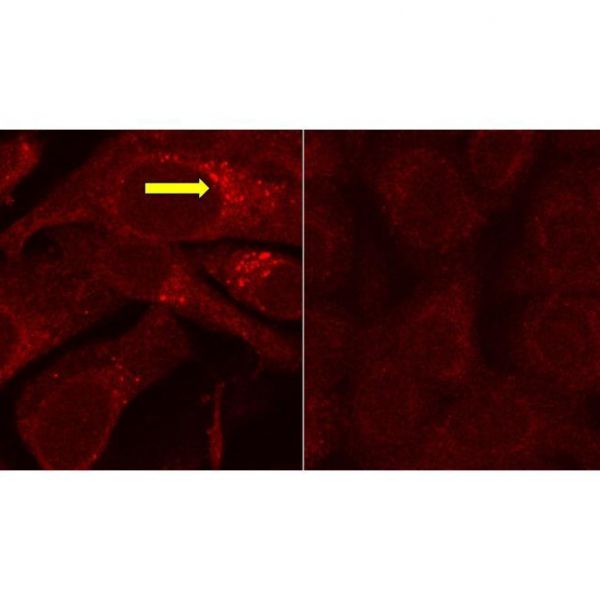
Mar 06, 2024
Lung cancer cells protected from cigarette smoke damage, researchers find
New research by a team of undergraduate students led by a Penn State molecular biologist may have revealed how lung cancer cells can persist in smoke. The mechanism could be related to how cancer cells develop resistance to pharmaceutical treatments as well.
Full Article
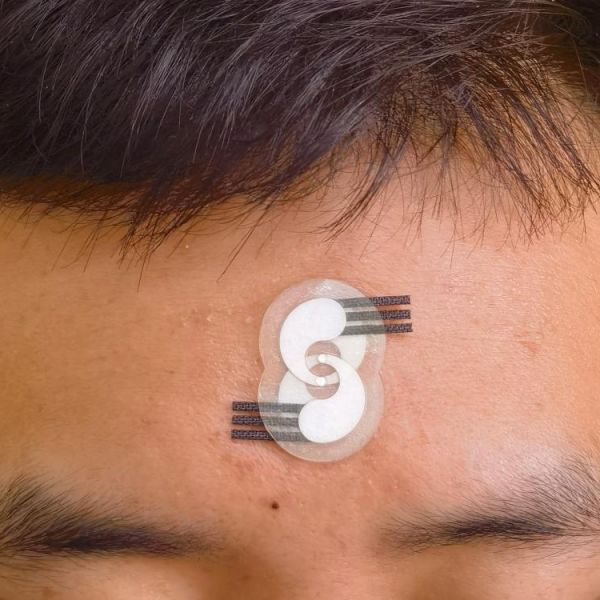
Mar 06, 2024
Q&A: Sensors that monitor neurological conditions in real time
A team of researchers led by Huanyu “Larry” Cheng created a highly-sensitive and cost-effective sensor to better monitor the concentration in sweat or urine of dopamine and tyrosine, a neurotransmitter and an amino acid that are present in the brain.
Full Article

Mar 05, 2024
Combining novel biomaterial and microsurgery might enable faster tissue recovery
To speed up the formation and patterning of new blood vessels, Penn State researchers have combined a novel biomaterial with a microsurgical approach used in reconstructive surgery, enabling improved recovery of soft tissue.
Full Article